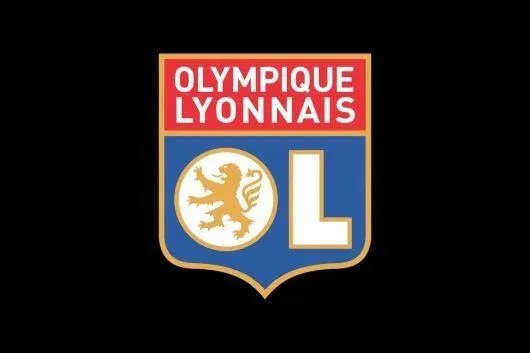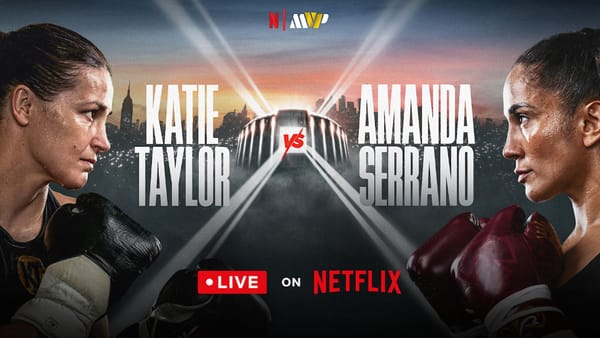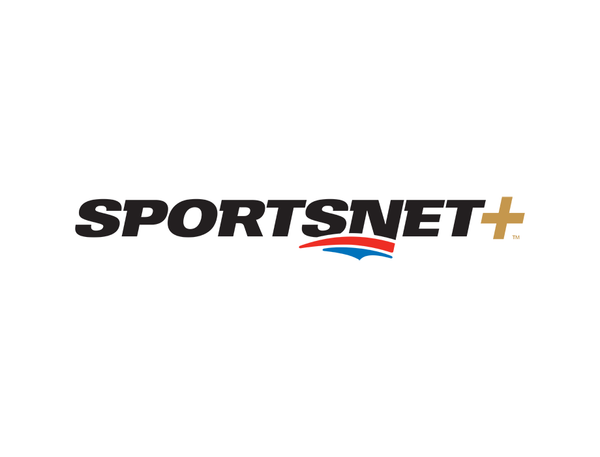Lyon Relegated: Inside the Financial Collapse of a French Football Powerhouse

In a move that has stunned the footballing world, Olympique Lyonnais, one of France’s most successful and historic clubs, has been officially relegated to Ligue 2. The decision, announced by French football’s financial regulator, the DNCG (Direction Nationale du Contrôle de Gestion), stems not from poor performance on the pitch, but from a severe and ongoing financial crisis.
Despite finishing 6th in Ligue 1 and qualifying for European competition, Lyon will not play in UEFA tournaments next season. Instead, they will compete in France’s second tier for the first time in over three decades, following the DNCG's ruling that the club failed to present sufficient financial guarantees to ensure sustainable operations for the 2025–26 season.
A Club in Financial Freefall
According to L’Équipe, Lyon’s total liabilities are estimated to be over €505 million as of mid-2025—an accumulation of operating losses, transfer-related debts, and long-term financial obligations tied to infrastructure projects like the Groupama Stadium (L’Équipe, 2025).
The DNCG, tasked with enforcing financial responsibility among French professional clubs, issued a provisional relegation and transfer ban in November 2024, citing concerns about solvency. The decision was upheld in March 2025 by the French Football Federation’s (FFF) Appeals Committee when the club failed to significantly improve its financial position (Reuters, 2025).
The club had submitted proposals to inject up to €200 million in additional capital, but the DNCG determined these were either non-binding or lacked credible financial backing. As a result, the administrative relegation was formally enforced on June 24, 2025.
Ownership and Capital Injection
Since December 2022, Lyon has been majority-owned by Eagle Football Holdings, a multi-club sports investment group led by John Textor, an American tech entrepreneur. Textor also owns stakes in Botafogo (Brazil), Crystal Palace (England), and RWD Molenbeek (Belgium).
Textor has publicly stated that his group invested over €293 million into Lyon since taking control, including funding transfers and covering operating costs (L’Équipe, 2025). However, the DNCG ruled that these investments did not offset the club’s spiraling debt and questioned the long-term solvency of the group’s multi-club model, which depends on leveraging inter-club assets and future revenue forecasts.
Key Dates and Decisions
- November 15, 2024: The DNCG issued a transfer embargo and provisional relegation, flagging Lyon’s high debt load and unreliable financial projections.
- March 4, 2025: The FFF Appeals Committee upheld the decision, citing insufficient structural change or new capital injection.
- June 24, 2025: Final confirmation of relegation to Ligue 2. The decision is enforceable for the 2025–26 season.
Despite repeated attempts to demonstrate solvency and efforts to present new financing packages in June, Lyon failed to meet DNCG’s requirements for guaranteed capital coverage.
From Dominance to Decline
Olympique Lyonnais’ fall from grace is as dramatic as it is tragic. The club enjoyed its golden era in the 2000s, winning seven consecutive Ligue 1 titles between 2002 and 2008—a record unmatched in French football. Lyon was also a consistent presence in the UEFA Champions League and widely praised for its youth development system.
The team’s 36-year run in Ligue 1 now ends not due to competitive failure, but fiscal mismanagement, regulatory breach, and underperforming financial strategy. Their final 2024–25 league position of 6th would normally have earned them a place in the UEFA Europa League. However, due to their ineligibility stemming from administrative relegation, Crystal Palace, a club also partially owned by Eagle Football, will take Lyon’s European slot instead (The Times, 2025).
⚖Why the DNCG Acted
Unlike many European football associations, the DNCG holds sweeping regulatory powers. Under Article 11 of the LFP’s financial statutes, it has the authority to impose administrative relegation if a club’s financial position is judged to compromise the integrity of competition. This includes failing to meet liquidity thresholds or relying on speculative funding rather than liquid assets or guaranteed capital (LFP Financial Statutes, 2025).
Sources close to the DNCG suggest Lyon's balance sheet showed persistent deficits, incomplete debt service coverage, and an overreliance on future earnings and player sales.
Final Thoughts
Lyon’s enforced relegation marks one of the most dramatic financial collapses in European football in recent memory. It serves as a case study in modern sports finance, where even elite clubs are vulnerable if long-term fiscal discipline is ignored.
The decision also reinforces the role of the DNCG as Europe’s most rigorous financial watchdog—a contrast to looser models in other top leagues. Whether Lyon can recover depends not only on their appeal, but on whether they can rebuild institutional trust and regain financial balance.
Until then, France’s most iconic phoenix will be forced to rise from Ligue 2.
References
- Reuters. "Olympique Lyonnais demoted to Ligue 2" (2025).
- L’Équipe. “Les raisons de la relégation financière de l’OL” (2025).
- The Times. “Crystal Palace benefit from Lyon’s UEFA exclusion” (2025).
- LFP. “Statuts du contrôle de gestion” (2025).
- Transfermarkt, OL Groupe Annual Reports.





